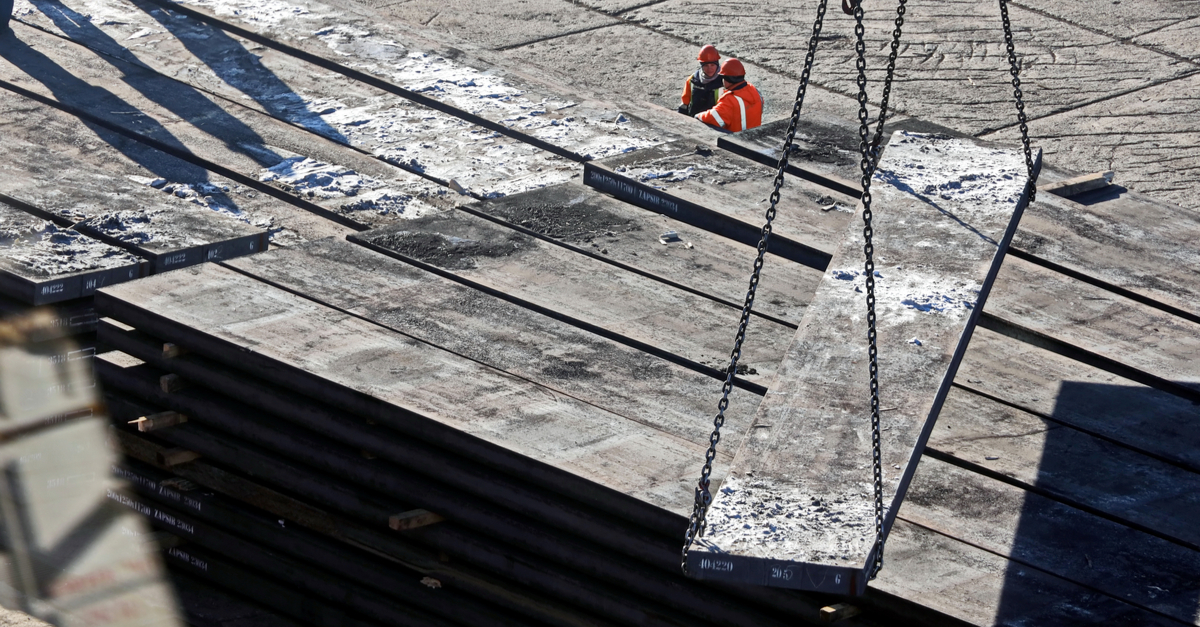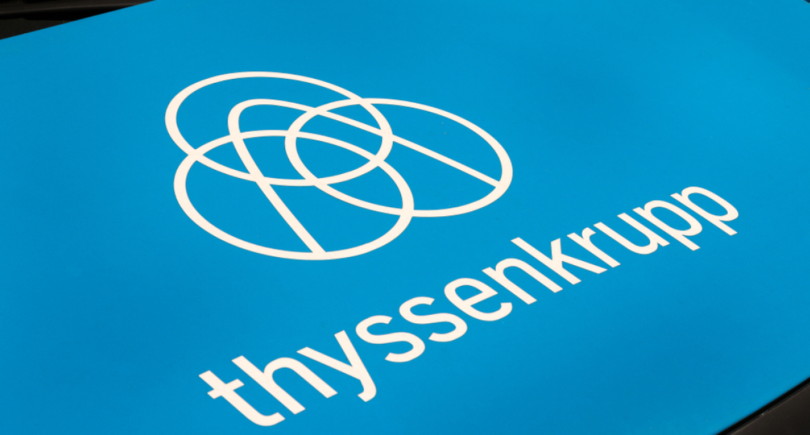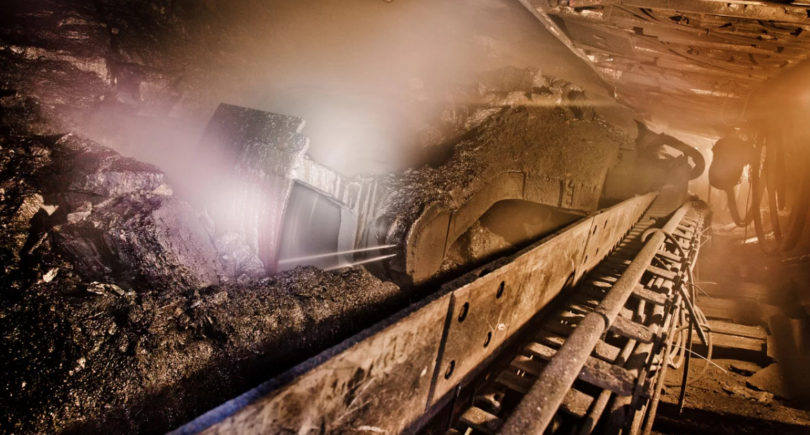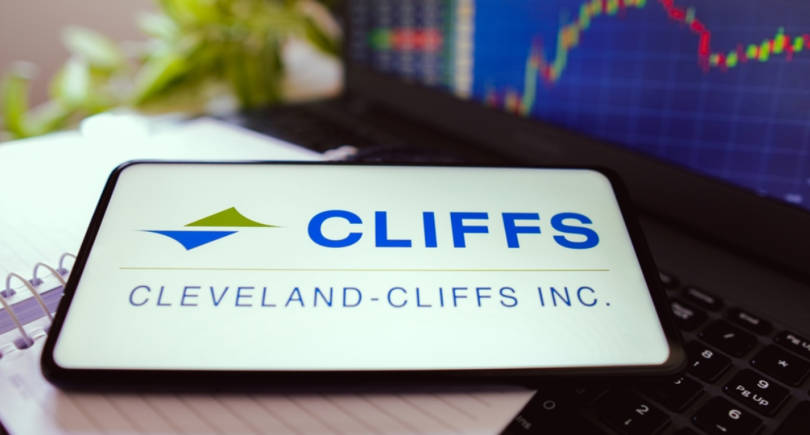
After the occupation of assets in Mariupol, the company completely changed its supply chains and has an understanding of how to do this to EU companies
The ban on Russian rolled steel in the EU should extend to slabs in 2024, despite lobbying by some steelmakers to extend the quota period that allows imports of the products in question. This was stated by Metinvest Group CEO Yuriy Ryzhenkov in his column for NV.
Since the beginning of the full-scale invasion and the loss of Mariupol plants that produced slabs for rolling assets in Europe, Metinvest has successfully rebuilt its procurement and logistics and set up the plants to run on slabs from other suppliers. These are not Russian producers, which some EU steelmakers (mainly from the Czech Republic and Belgium, which have ties with Russian steelmakers) are fighting for.
The company has three rolling mills in Western Europe – Ferriera Valsider and Metinvest Trametal in Italy and Spartan in the UK – which will consume more than 1.2 million tons of slabs produced by Mariupol mills annually by 2022.
«Thus, with the loss of the Mariupol plants, Metinvest faced a new unprecedented challenge. The company had to not only provide semi-finished products to its European operations, which have always been vertically integrated into the Group’s overall structure and used 99% of Azovstal and Ilyich Iron and Steel Works slabs, but also ensure their profitability. And we have successfully met this challenge and not only did not stop production but even maintained plant utilization at almost pre-war levels,» Yuriy Ryzhenkov noted.
Among the main factors that allowed the company to cope with this problem:
- decision-making speed;
- diversification of suppliers;
- reorientation of production in accordance with market conditions;
- search for new sales markets;
- search for internal non-standard solutions.
Today, the company has more than 15 suppliers from Europe and Asia, while before 2022, some of them were virtually absent from the slab market and produced slabs mainly for their own needs.
«Thus, it is safe to say that ensuring uninterrupted and, most importantly, profitable production of flat products without the use of Russian semi-finished products is not only feasible but also a critical task for European producers. Given the decline in steel consumption in the EU over the past two years by 7% and 5%, respectively, European producers should consider using idle capacities to produce and supply semi-finished products to the EU domestic market,» the CEO of the company emphasizes.
In addition, today not only European control bodies require documents from manufacturers proving the absence of steel of Russian origin in the composition of final products. The majority of consumers themselves refuse to become sponsors of the war and do not buy sheet metal made from Russian slabs.
In this context, the decision of the European regulator to ban imports of finished steel products of Russian origin while leaving a loophole in the form of temporary permits for semi-finished products seems illogical. I hope that the ban on the export of Russian slabs scheduled for September 1, 2024, as well as the ban on the export of Russian steel billets to the EU scheduled for April 1, will come into effect, thus closing another channel of the EU’s dependence on the aggressor country,» summarizes Yuriy Ryzhenkov .
As GMK Center reported earlier, in January-September 2023, the European Union reduced steel imports of raw materials from Russia by 39% compared to the same period in 2022 – to 3.94 million tons. Import costs decreased by 39% y/y – to €1.97 billion. Import of semi-finished products amounted to 2.38 million tons, which is 24% less y/y.



